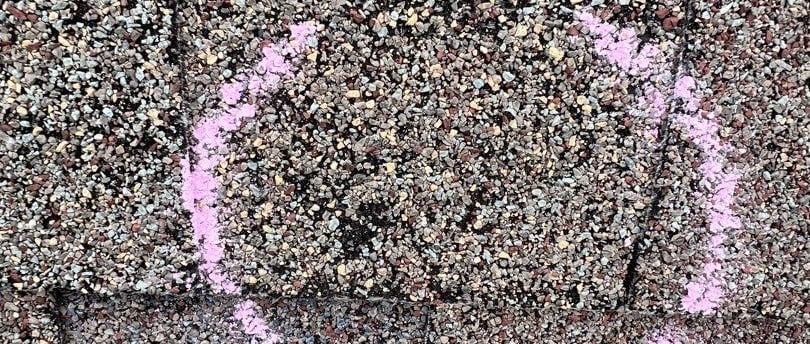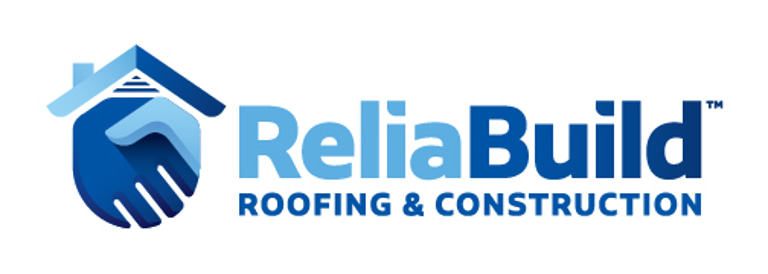How Often Should You Get a Roof Inspection
ROOF INSPECTIONROOFINGHAIL DAMAGESHINGLE DAMAGE
9/24/20254 min read


Understanding the Importance of Roof Inspections
Regular roof inspections are crucial for homeowners as they play a vital role in maintaining the integrity of a home. A roof is one of the primary defense mechanisms against the elements, and neglecting its maintenance can lead to a myriad of issues. For instance, roofs that are not routinely inspected may develop hidden leaks, which can result in water damage to the interior of the house. This can cause significant repair costs, as well as promote the growth of mold, posing health risks to the inhabitants.
Moreover, a neglected roof can compromise the structural integrity of a home. Water infiltration can weaken beams and supports, leading to additional, often costly, repairs. In regions such as Louisville, Oldham County, Bullitt County, Bardstown, and Southern Indiana, where weather conditions can vary significantly, it is important to schedule regular inspections to safeguard against these risks. Homeowners in these areas benefit from seasonal assessments that can identify weak spots before they escalate into more serious threats.
Furthermore, regular roof inspections can extend the lifespan of the roofing materials. By catching issues early, homeowners can implement preventative measures that keep their roofs in optimal condition for a more extended period. This proactive approach not only saves money in the long run but also enhances the overall aesthetic value of a property. Thus, understanding the importance of these inspections is essential for homeowners, as it ensures their roofs remain functional and safe, protecting both their investment and well-being.
How Often Should You Have Your Roof Inspected?
Regular roof inspections are vital in maintaining the integrity and longevity of your roofing system. The recommended frequency for these assessments largely depends on several factors, including the type of roofing materials used, the age of the roof, and local environmental conditions. For homeowners in areas such as Louisville, these factors become especially pertinent due to the region's varied weather patterns and seasonal changes.
Generally, it is advisable to schedule a roof inspection at least once a year. However, homeowners should consider more frequent inspections if their roof is constructed from certain materials. For instance, asphalt shingles typically last between 15 to 30 years and may require annual evaluations, particularly as they age. On the other hand, metal roofs can offer durability and weather resistance, yet they also benefit from routine checks to ensure no rust or corrosion has developed.
The age of the roof is another critical component in determining inspection frequency. Older roofs are more susceptible to damage and may require checks every six months to proactively identify potential issues. Additionally, after severe weather events such as storms, heavy snowfall, or hail, homeowners should arrange for an immediate inspection to assess any possible damages.
Local environmental conditions play a significant role in how often inspections should be scheduled. In regions prone to heavy rainfall, high winds, or extreme temperature fluctuations, roofs may deteriorate more quickly. Therefore, it is wise to conduct inspections after seasonal changes to ascertain the roof's condition and address any necessary repairs.
In summary, regular roof inspections should be part of any homeowner's maintenance routine, particularly in Louisville and similar areas. By understanding the factors that influence inspection frequency, homeowners can ensure their roofs remain in optimal condition, prevent significant issues, and ultimately save on costly repairs.
Choosing a Qualified Roofing Inspector in Your Area
Selecting the right roofing inspector is crucial for ensuring the longevity and safety of your roof. When searching for a qualified roofing inspector, it is vital to verify their credentials, which include certifications and licenses that comply with state regulations. These qualifications are important indicators of an inspector’s ability to perform their duties effectively and adhere to industry standards.
Experience plays a significant role in the effectiveness of a roofing inspector. An inspector with several years of experience is likely to have encountered a wide variety of roofing issues, allowing them to provide a more thorough and knowledgeable assessment. You should seek out inspectors who have specialized training in various roofing materials and systems, as this expertise will better prepare them to identify specific problems related to your roof type.
Local knowledge is another critical aspect when selecting a roofing inspector, particularly for homeowners in areas such as Louisville, Oldham County, Bullitt County, Bardstown, and Southern Indiana. Each of these regions may face unique weather conditions that can impact roofs differently. An inspector familiar with the locality will understand how local building codes and climate factors affect roofing performance. For instance, they can provide insights regarding susceptibility to severe storms, snow load considerations, or the need for specific materials tailored to local standards.
Choosing a local inspection company can enhance the overall experience, as these organizations often provide more personalized service. They are likely to be more accessible and responsive to your needs and concerns. Additionally, their familiarity with the area means they can help you navigate local regulations and prepare your roof for the persistent weather threats that Southern Indiana and surrounding counties experience. By investing the time to select a qualified roofing inspector with local expertise, you ensure that your roof receives the attention and care it deserves.
What to Expect During a Roof Inspection
During a standard roof inspection, homeowners can expect a comprehensive evaluation conducted by a qualified roofing professional. The inspection begins with an exterior assessment, where the condition of the roof is diligently examined. Inspectors typically look for visible signs of damage such as missing shingles, rusted flashing, and any other wear and tear that could affect the roof's longevity. The roofing expert will also identify areas where leaks may have originated, which is crucial for preventing further damage to the structure.
In addition to observing the exterior, a thorough inspection involves checking for structural integrity. This means assessing the roof deck, rafters, and any support systems to ensure they are intact and able to withstand environmental stresses. An inspection of gutters and downspouts is also conducted, as these components play a vital role in proper drainage and can contribute to issues such as water pooling, which can compromise the roof’s effectiveness over time.
Roof inspectors also look for signs of biological growth, such as mold or algae, which can deteriorate roofing materials and lead to more significant issues down the line. The presence of excessive debris, such as leaves or branches, is another factor that can be noted. An in-depth report will then be generated, detailing all findings and offering recommendations for necessary repairs or ongoing maintenance. This report provides homeowners with essential insights into the health of their roof, fortifying their investment by ensuring they are aware of any potential issues and the steps required to address them. Regular inspections foster peace of mind and are a crucial component in maintaining a secure and reliable roofing system.
